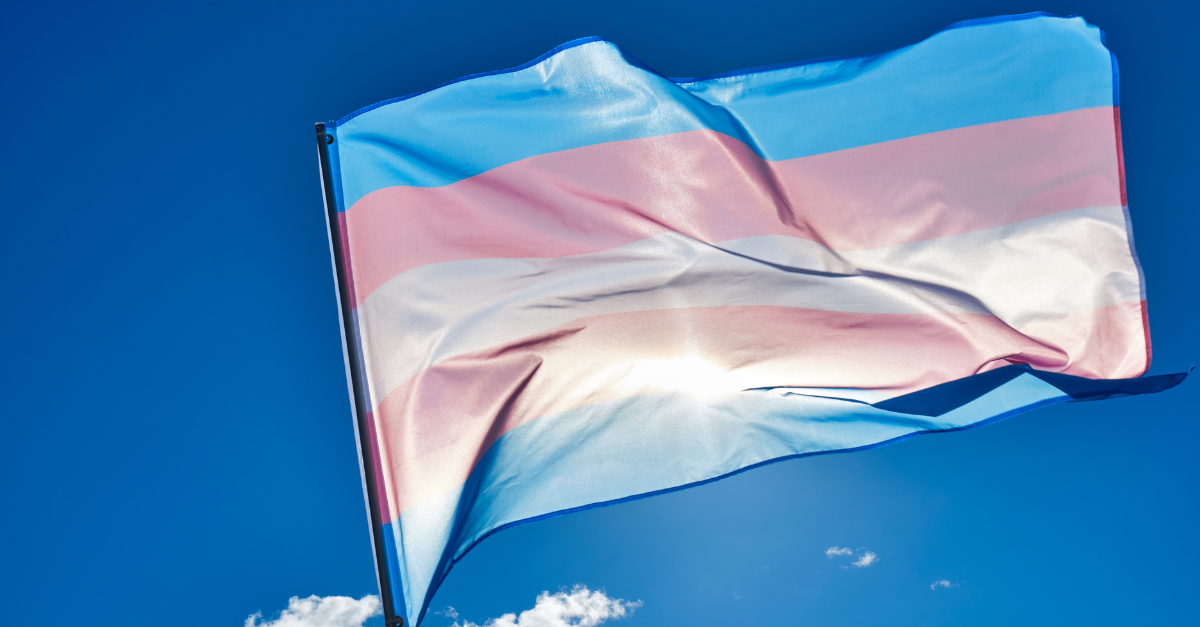NAWL Joins FVAP Amicus in Support of Domestic Violence Survivor
NAWL joined the Family Violence Appellate Project (FVAP) in filing an amicus brief to the California Fourth District Court of Appeal in support of the case of Gonzalez v. Gonzalez, in which a domestic violence survivor was denied a restraining order.
Details
FVAP believes the decision here has broader implications for survivors of domestic violence to get a restraining order after long delays and many continuances. This includes courts asking survivors to agree to longer-term Temporary Restraining Orders instead of getting a DV Restraining Order After Hearing. FVAP believes the decision, in this case, will also be important to the issue of how courts misinterpret a survivor's actions in co-parenting to determine they do not need protection. In this case, the survivor had several continuances of her hearing due in part to a trailing criminal case. When the full hearing on the DVRO finally took place, the judge started by offering a multi-year Temporary Restraining Order instead of having a hearing because the judge thought it would be better for the abusive party and for the children. After the survivor declined to accept the offer, the judge went on to deny the survivor's restraining order request, applying the wrong legal standard and misinterpreting the survivor's co-parenting interactions with the abusive party.
FVAP's brief provides context and guidance to the court on the issues of why repeatedly continuing and extending a TRO is not sufficient for survivor's seeking a DV Restraining Order After Hearing and contradicts the intent of the Domestic Violence Prevention Act. The brief also discusses the ways in which survivors are forced to interact with abusive parties for co-parenting purposes, the protective actions they take, and why this should not be misinterpreted to deny protection.





